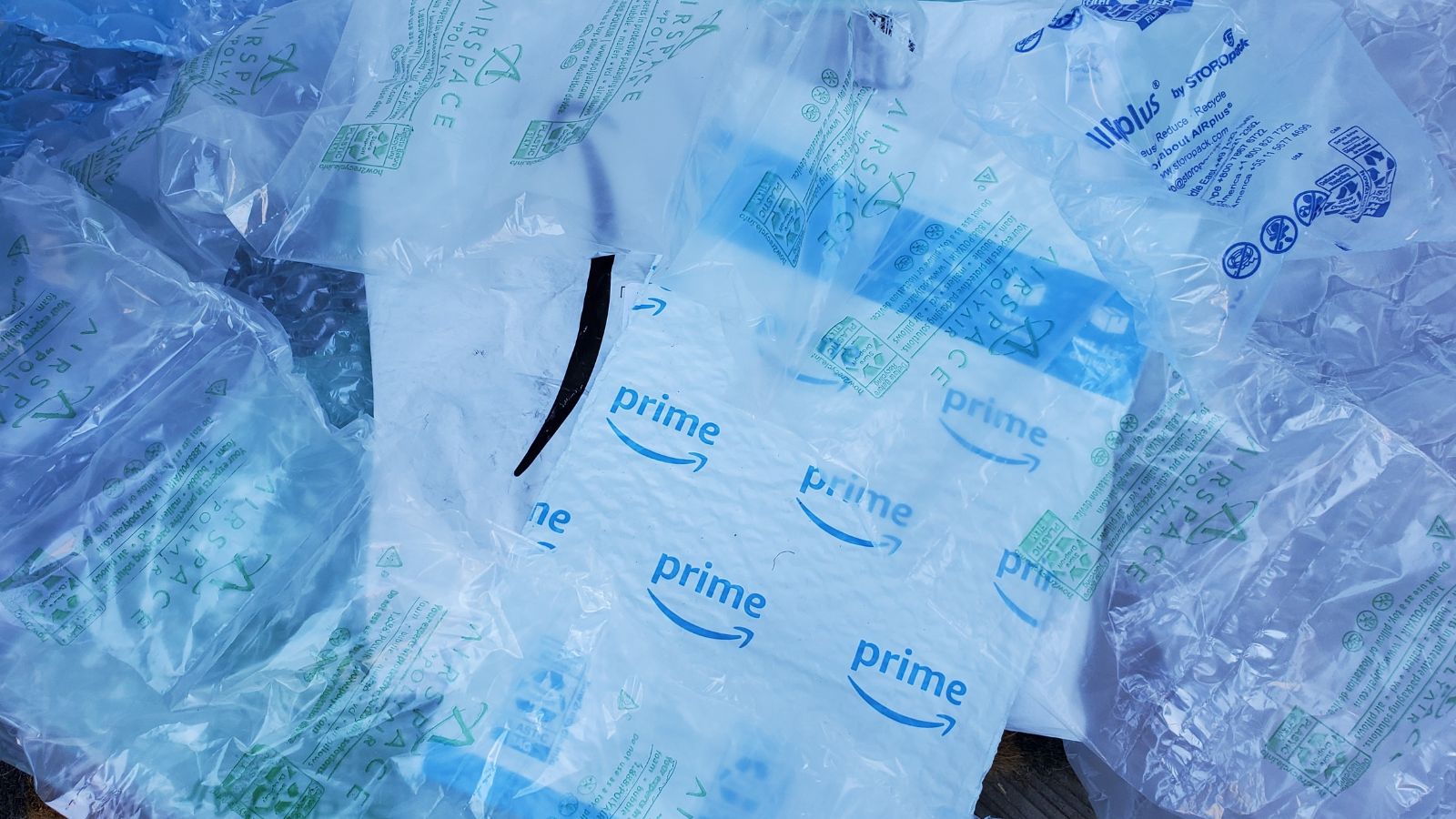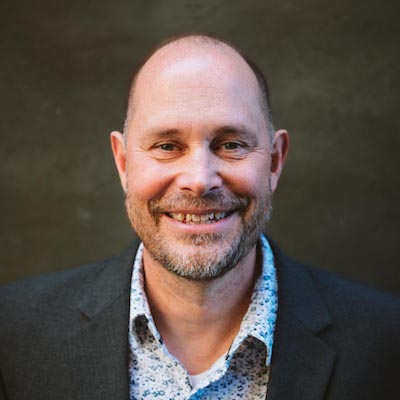
Let’s choose wildlife over waste in 2018
Sure, it keeps your coffee hot. But polystyrene foam, what most of us call Styrofoam, is polluting our ecosystems and putting birds and marine life at risk. Nothing we use for a few minutes should pollute our oceans and rivers and threaten wildlife for centuries. It’s time to say goodbye to take-out plastic foam cups and containers.
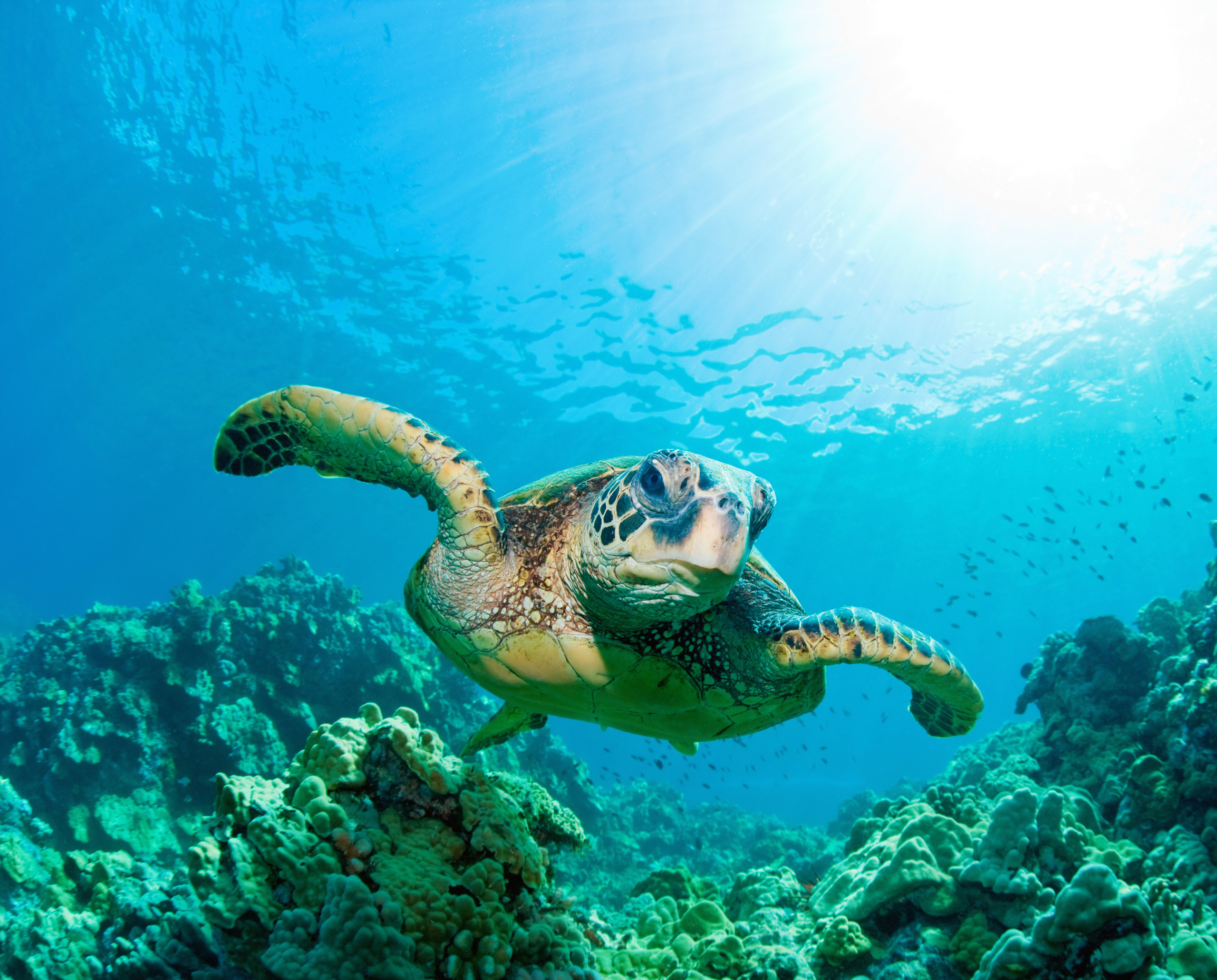
Photo: Idreamphoto via Shutterstock
Over the past decades, we’ve made billions of tons of plastic. Much of it is now in our oceans, rivers and otherwise out in nature, threatening turtles, birds and other wildlife.
And while scientists are still documenting the scope of plastic pollution and investigating its effects, we’ve known for some time that one of the worst forms of plastic pollution is polystyrene foam—what most of us call Styrofoam.
The Environmental Protection Agency estimates that we produce more than 3 million tons of polystyrene every year, and Americans throw away an estimated 25 billion polystyrene cups every year, or about 82 cups per person.
Sure, it keeps your coffee hot. But polystyrene also persists in the environment in tiny particles — and every bit of it ever made is still out there and could continue to threaten wildlife for hundreds of years to come.
It’s easy for a bird, fish or turtle to mistake small pieces of plastic for food—especially when there are millions of pieces of it floating in our waters, forming enormous garbage patches in our oceans. When animals ingest plastic waste, it can block their digestive tracts. As a result, they starve.
Nothing we use for a few minutes should pollute our oceans and rivers and threaten wildlife for centuries—especially when it’s “stuff” we don’t need.
This mantra has stuck with us as we’ve sought to reduce the amount of waste our country produces. Over the decades, our network has worked together to win more than 54 pro-recycling laws, plastic bag bans, and other policies to reduce, reuse and recycle waste in 16 states—from stopping the repeal of Oregon’s first-in-the-nation Bottle Bill in the early 1970s to overhauling Connecticut’s waste and recycling programs in 2014.
Most recently, Environment California celebrated a big victory for waste reduction when California passed the first statewide ban on single-use plastic bags.
Now, Environment America and U.S. PIRG are running coordinated campaigns in more than 25 states to ban plastic foam cups and take-out containers.
Of course, there are plastics companies and some consumers who don’t like this idea. Earlier this year, their opposition helped block a bill banning plastic foam containers in California. But across the country, polystyrene foam bans have passed in more than 200 cities and communities, and some companies are also getting with the program: Both McDonald’s and Dunkin Donuts have committed to phasing polystyrene out.
It’s time to say goodbye to take-out plastic foam cups and containers. We need to sweep past the special interests who want to stick with polystyrene—so we’re shining a spotlight on the issue in the media and online, going door to door to spread the word and mobilize public support, and speaking out in state capitols across the country. We know how to combine professional research and advocacy with citizen support, and our network’s combined efforts can help us win real results.
If we succeed in banning single-use polystyrene items, we’ll see a difference in cleaner beaches and parks, and we know it’ll make a difference for the wildlife in our rivers, lakes and oceans. We’ll see a cleaner, healthier, and more sustainable future to leave to our children and grandchildren. This is something we can do right now, in states across the country.
Let’s choose wildlife over waste. Tell your governor to ban plastic foam take-out cups and containers in your state.
Topics
Authors
Steve Blackledge
Senior Director, Conservation America Campaign, Environment America
Steve directs Environment America’s efforts to protect our public lands and waters and the species that depend on them. He led our successful campaign to win full and permanent funding for our nation’s best conservation and recreation program, the Land and Water Conservation Fund. He previously oversaw U.S. PIRG’s public health campaigns. Steve lives in Sacramento, California, with his family, where he enjoys biking and exploring Northern California.
Find Out More
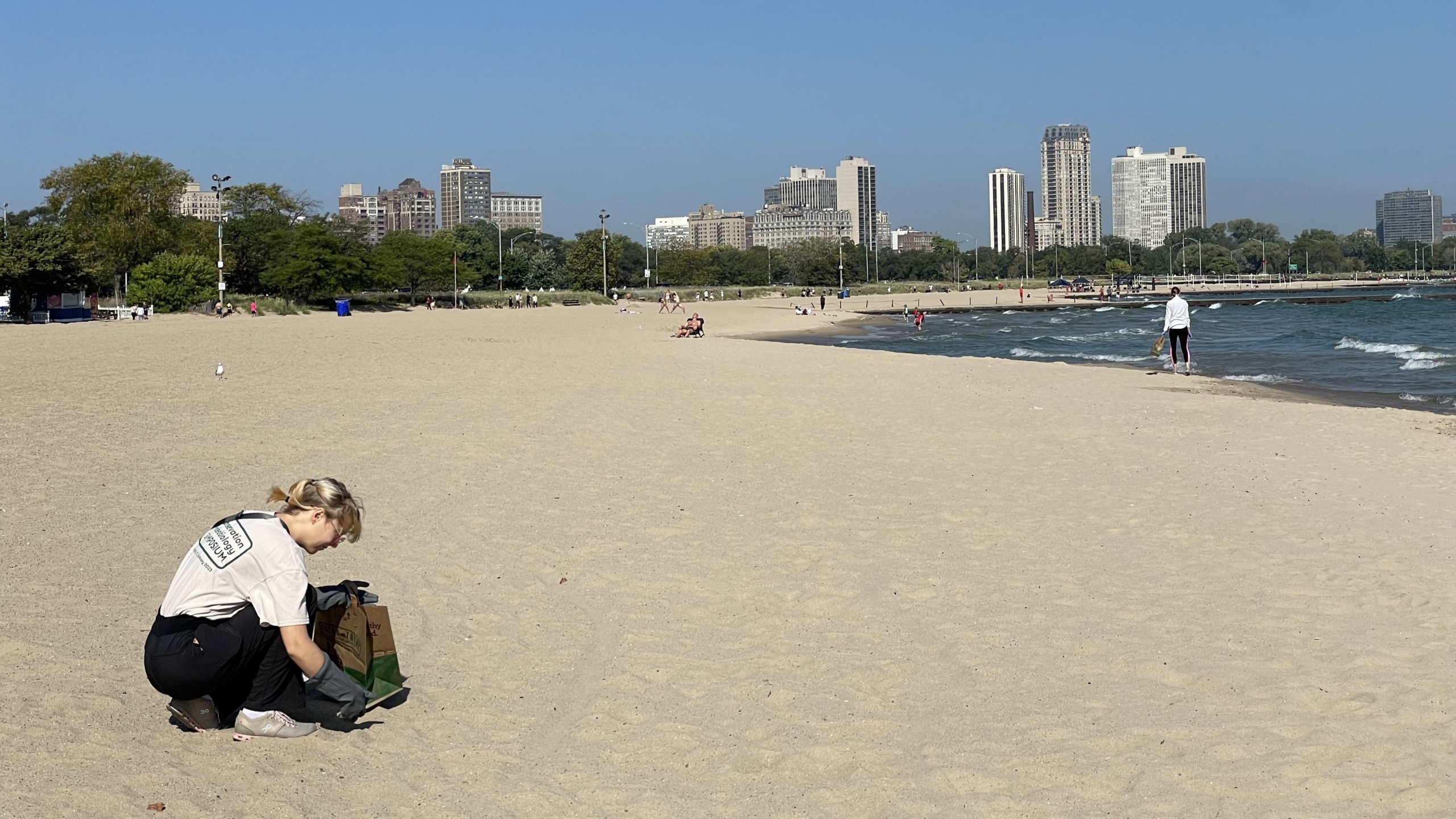
New report highlights the plastic pollution problem in the Great Lakes
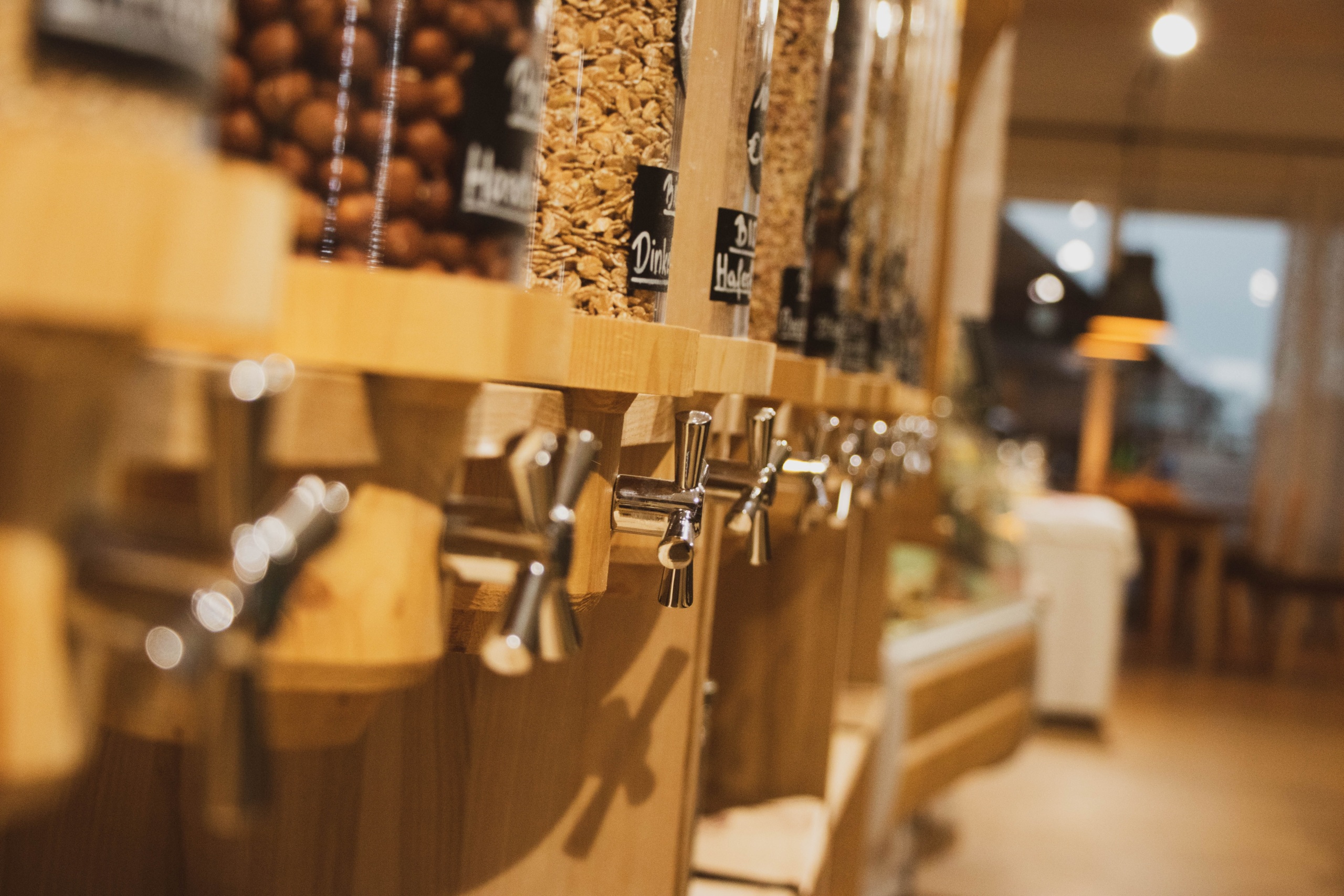
Ditch plastic packaging: Shop at your local refillery
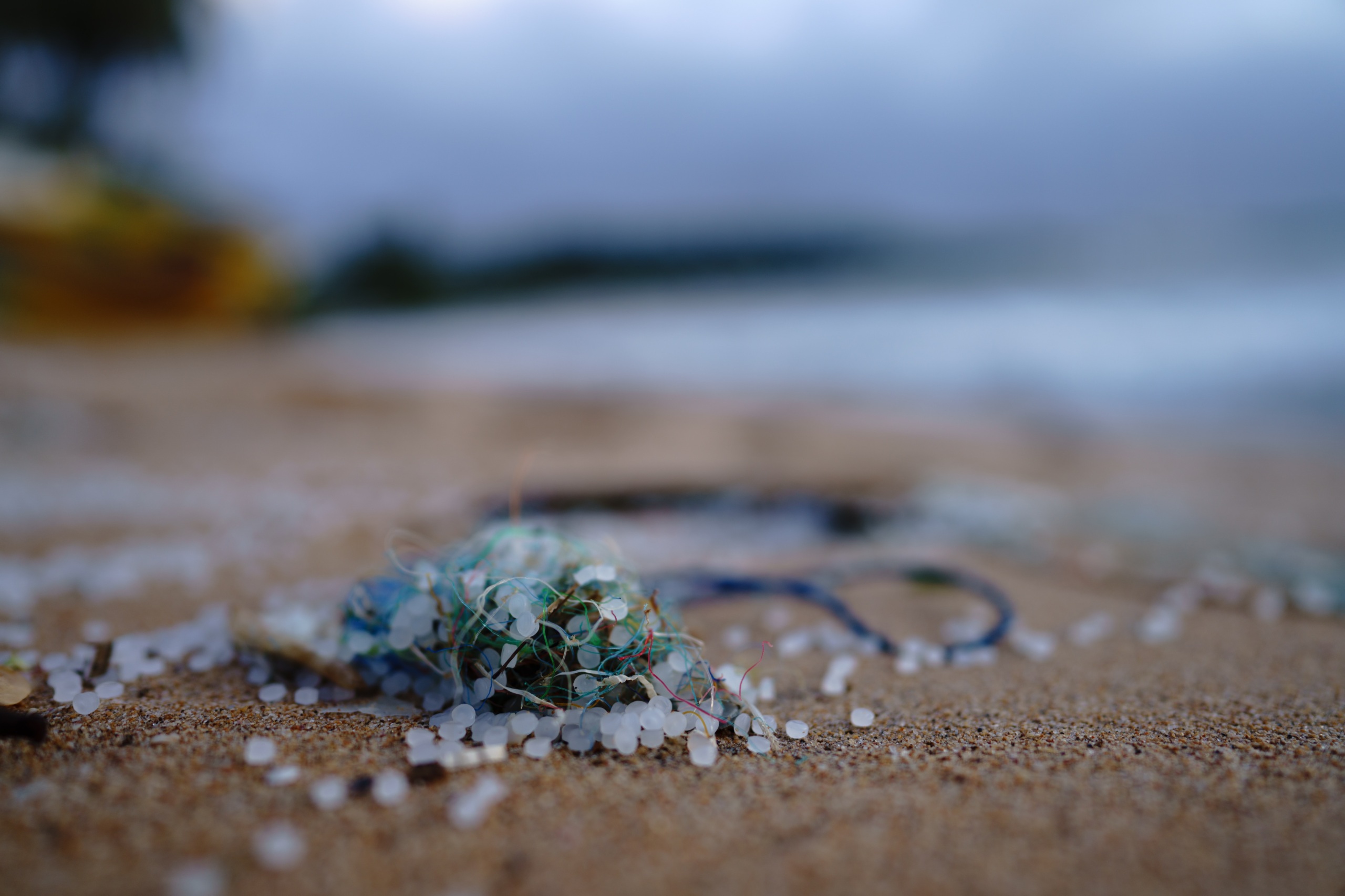
Millions of tiny plastic pellets are being dumped into our waterways
